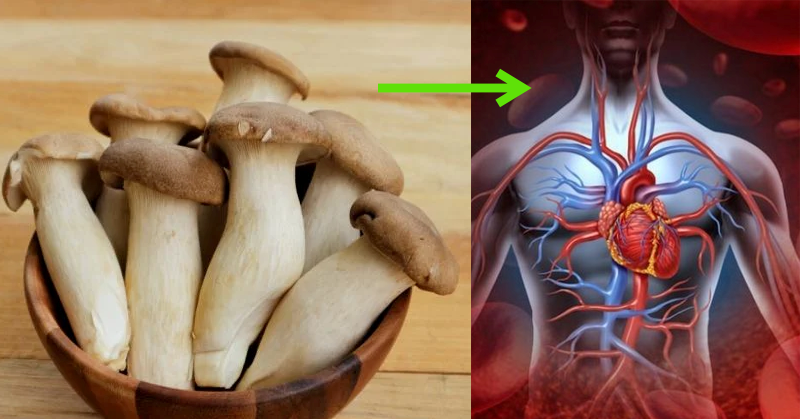These foods help reverse the symptoms of vestibular disorders safely and effectively.
Dealing with vestibular disorders can be challenging. Symptoms like headaches, dizziness, unsteady walking, and loss of balance can make everyday life quite exhausting. Those affected often feel tired, lack appetite, and feel generally weak.
Aside from medication, incorporating certain vegetables into your diet can help mitigate these symptoms.
1. Mushrooms
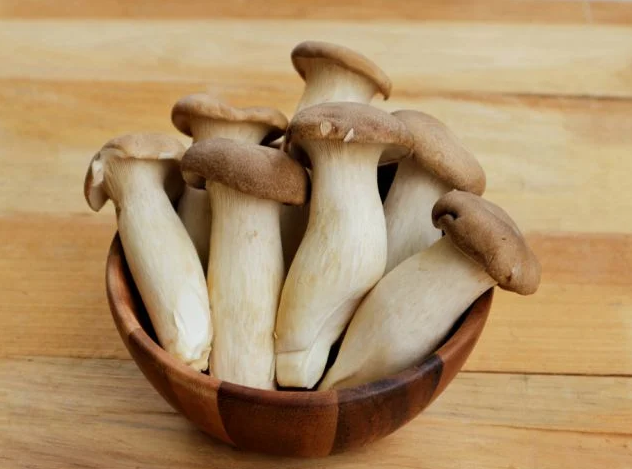
Mushrooms are a rich source of vitamins B2, B3, and B5, which are highly beneficial for people with vestibular disorders. Regular consumption can reduce stress and tension.
They also contain choline, which helps regulate sleep and boost memory.
Add to that their high vitamin C, potassium, and fiber content, which aid in lowering blood pressure and cholesterol, promoting cardiovascular health.
2. Tomato

Tomatoes are loaded with vitamins A and C, which enhance vision, prevent night blindness (nyctalopia), and reduce the risk of macular degeneration.
They are also beneficial for those with anemia, helping to lower blood sugar and regulate blood pressure.
3. Spinach
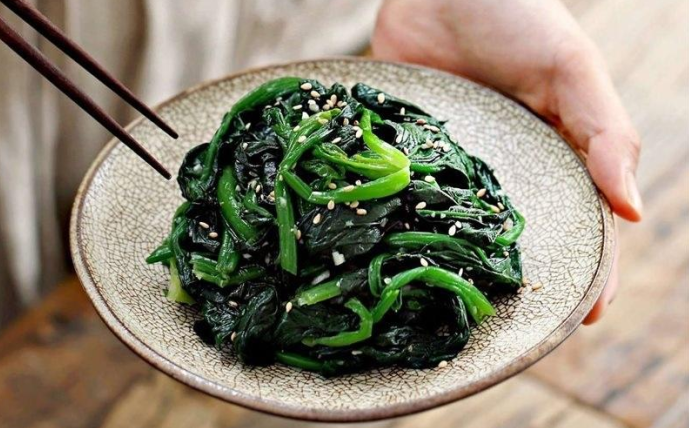
Spinach is packed with magnesium, which supports the nervous system and muscle function, relieving headaches and dizziness. Additionally, it is rich in iron, vitamin A, and vitamin C, which boost immunity.
Spinach is also a great source of vitamins E, K, calcium, and carotenoids, protecting the body from oxidative stress and free radical damage.
4. Broccoli
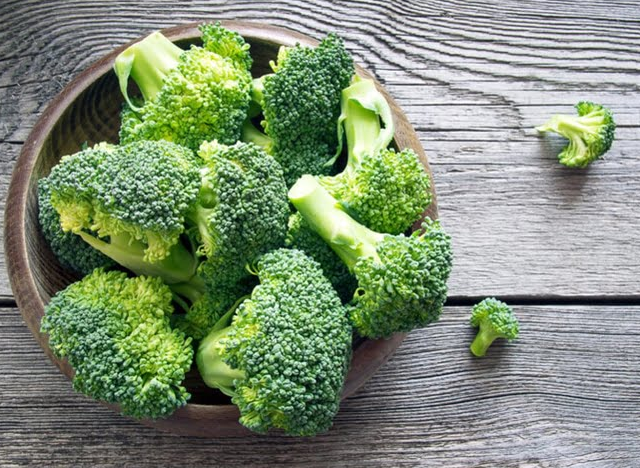
Broccoli is full of antioxidants, vitamin A, and beta-carotene. It’s also high in vitamin K, which enhances blood flow throughout the body, reducing the risk of heart attack and stroke, and improving blood pressure.
5. Potato

Potatoes are rich in vitamins A and C, helping individuals with vestibular disorders by reducing stress, dilating blood vessels, and improving brain function.
They also contain kukoamine, which helps to reduce dizziness and improve balance.
6. Soybean
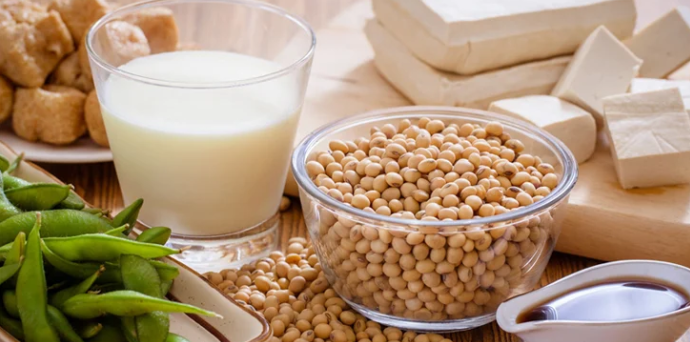
Soybeans contain vitamin K, which protects nerves and prevents senile dementia. Additionally, they are a good source of omega-3 fatty acids, which reduce the risk of cardiovascular disease and dizziness, a common symptom of vestibular disorders.
7. Citrus Fruit

Citrus fruits are high in vitamin C, strengthening the immune system, enhancing heart health, and boosting blood circulation. This helps alleviate symptoms such as headaches and dizziness.
It’s advisable for those with vestibular disorders to avoid foods like alcohol, chocolate, coffee, and processed meats, as they contain chemicals like tyramine, nitrate, histamine, and phenylethylamine that can exacerbate symptoms.
This article has been translated from
vi.tamsucuocsong.vn
